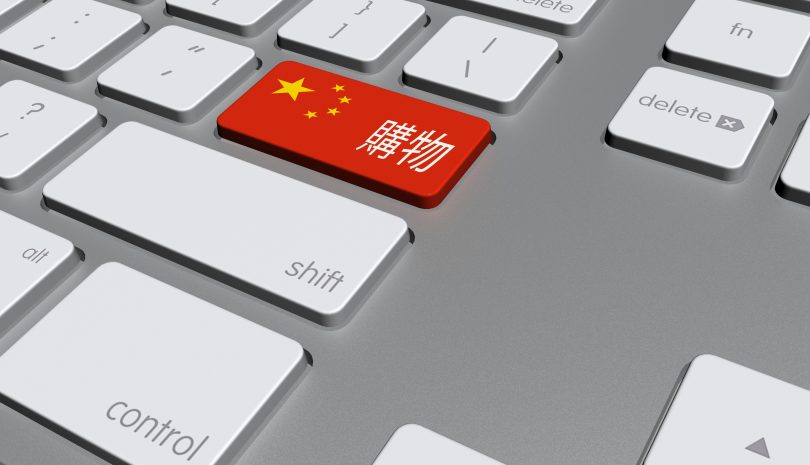New local daigou group forms to combat backlash

An industry association representing daigou resellers has launched to tackle negative perceptions about the practice in the community and professionalise the industry amid a boom in cross-border trade between Australia and China.
Launched officially yesterday in Sydney, the Australia China Daigou Association (ACDA) has formulated a code of conduct for “ethical” reselling and intends to address backlash from claims that resellers are “stripping” local supermarket shelves of in-demand baby formula and supplements.
The code is also designed to tackle “crazy” assertions and claims made by some resellers about Australian products, which manufacturers can be held liable for.
Chinese daigous – shoppers who purchase consumer goods in Australia for resale into China – have become wildly popular in recent years, as demand for Australian consumer goods has skyrocketed in Asia. Analysts estimate that in 2016, as much as $1 billion in tax revenue is being missed due to the practice.
Cross border trade expert Mathew McDougall, who has spearheaded the ACDA initiative and will serve as its president, told IRW that Chinese resellers had a legitimate place in the cross-border trade mix and had received a bad rap with locals.
“The reason there’s a backlash from the Australian punters is that they see Chinese [people] in teams going into Coles and Woolies and taking infant formula,” he said. “That wouldn’t be a problem if the manufacturers actually supplied to this community – it doesn’t have to be via a retailer.”
The ACDA has been reaching out to suppliers in recent months to begin forming partnerships that could see FMCG companies open up direct trade channels to daigou shoppers, who McDougall estimated are behind as much as 80 per cent of the trade of brands, such as Blackmores and Swisse in China.
McDougall sees a place for daigous alongside ecommerce giants such as Alibaba and JD.com (who are expanding in Australia to capitalise on demand) and argues that resellers develop powerful advocacy networks for new products in China that provide a bedrock for success.
“Even though Chinese [consumers] can purchase the same product from Shanghai or Bejing, they choose not to,” he said. “Because of a fear of quality and the providence, they’d rather spend more money on postage to have someone they know and trust to post to them.
McDougall calls the practice daigou-to-consumer (D2C), as opposed to Alibaba’s B2C model, and is hoping that a robust database of local members will enable services like demand forecasting for local brands – removing some of the risk associated with selling products into the highly volatile Asian market.
“The D2C channel is where you start your journey. If I list my products on Tmall, JD or another platform, no-one will buy it, no-one knows the brand or trusts it.
“Diagous are a great way to build advocacy and word of mouth back in China to build retail sales as a secondary purpose,” he said.
The ACDA has been founded with a code of conduct, which McDougall said all members will be required to follow, including commitments to conduct business honestly within the law of relevant jurisdictions, and with a spirit of cooperation.
This is designed to get manufacturers onboard, while also addressing some of the untrue claims some daigous are pushing about certain brands they are reselling.
“They’re doing crazy things with assertions and claims that Blackmores and Swisse are liable for in the market,” he said. “Wouldn’t they [suppliers] like to have a voice to the daigou community, which stops the daigous misrepresenting their brands?”
Comment Manually
You must be logged in to post a comment.

No comments